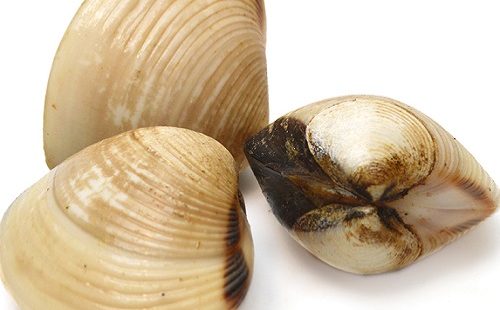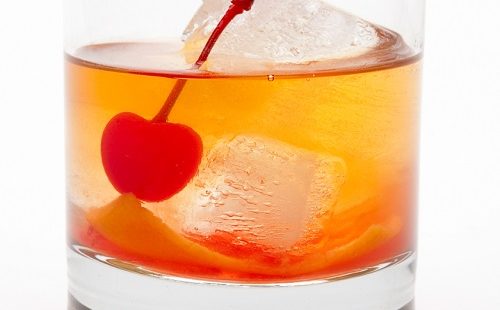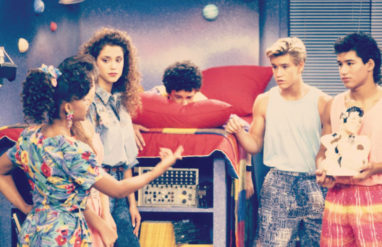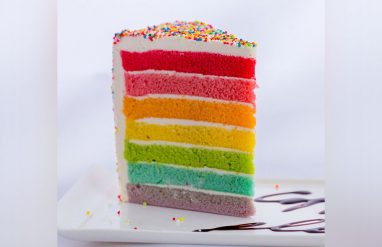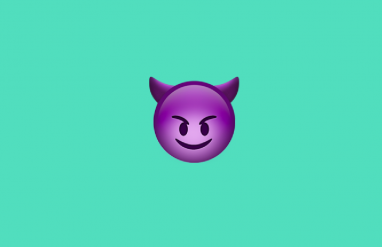Happy as a clam
Cute as they are, clams are not the most emotive creatures in the animal kingdom, so why do we say happy as a clam? Some have speculated it’s because a partially opened clam shell resembles a smile. But the expression is a shortening of the longer happy as a clam in mud at high tide or happy as a clam at high water, both of which were in usage by the mid-1800s and serve to mean “happy as a critter that’s safe from being dug up and eaten.” The longer expressions evoke a sense of relief more than the shorter happy as a clam, which is widely used to mean “extremely happy.”
